|
0 Comments
In the lead up to Pascha, we are slowly but steadily initiated into the Orthodox way of life through the period of Great Lent. Throughout these six weeks preceding Holy Week we are encouraged to: fast in order to detach from our desires; give alms so that we may connect with our neighbour; and, pray more than we usually do to be filled with the grace of God.
For many people Great Lent is just a cycle in their yearly calendar where they “must” abstain from certain foods, temporarily cut out some bad habits, attend a few extra Sunday Liturgies and then Commune on Holy Thursday before going back to the same old “normal life” after Pascha. However if we wish to take Great Lent seriously, we should consider it a spiritual journey rather than a religious obligation.
This second article on warfare and Orthodoxy plans to focus on the warfare that every baptised Orthodox Christian is called to engage in, the spiritual warfare. Many great books have been written on this very subject, and this author would recommend the four volumes of the Evergetinos, Unseen Warfare by St Theophan the Recluse, and The Field and The Arena by St Ignatius Brianchaninov. These provide step by step methods by which we can start to take our spiritual lives seriously and engage in spiritual exercise. First among these books is the Ladder of Divine Ascent of St John Climacus, which is traditionally read during Great Lent. What follows is but a brief summary of the idea of spiritual warfare.
The topic of why we fast in the Orthodox Church was touched on in the previous article (see here) but was not completely explained. The reasons why Orthodox fast during certain periods such as Great Lent or on Wednesdays and Fridays were dealt with in Part 1. Here, we will examine why we fast at all.
The aim of this short article is to explain how we Orthodox Christians fast. It should be stated upfront that fasting is not mandatory for Orthodox Christians. Unlike Islam, it is not a sin if one does not fast. Having said that, fasting is one of the best weapons in our arsenal in dealing with the struggles and the temptations which we face.
As our society approaches December 25 each year, we hear about the spirit of Christmas and we know what that means. It is a spirit of joy, a spirit of love extended to everyone around you. Some might say that it is a spirit of giving, and many Orthodox would probably agree with that to the extent that it is not a consumeristic spirit. What then is the spirit of Great Lent, the most important season on the Orthodox calendar?
|
Categories
All
|
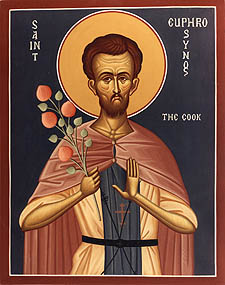
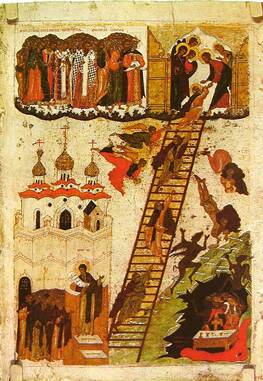
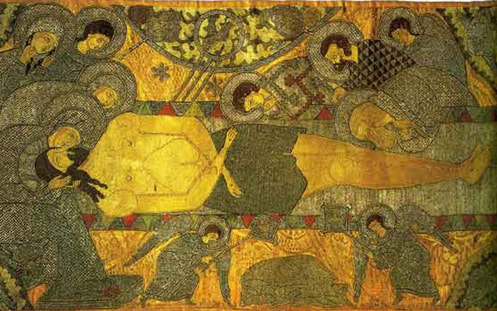
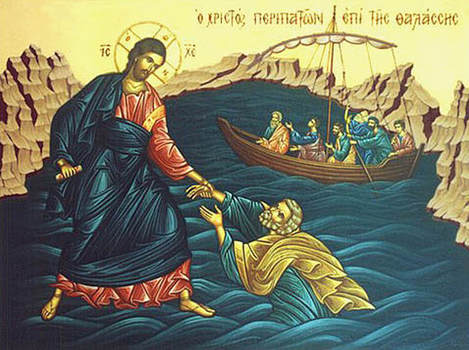
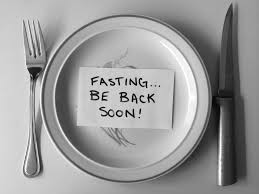
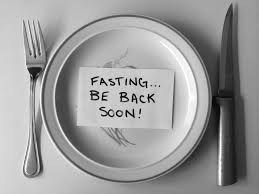
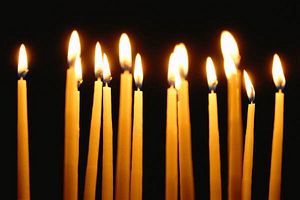
 RSS Feed
RSS Feed
